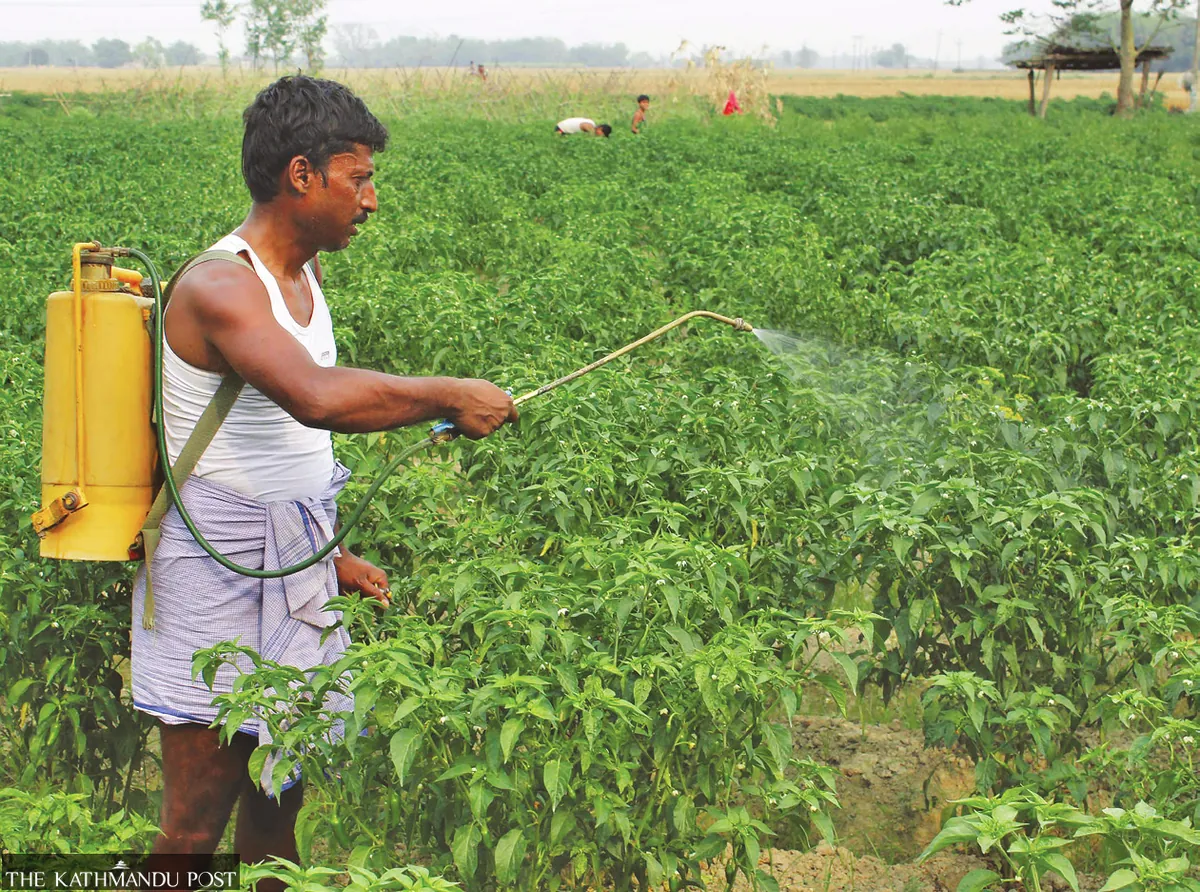Nepal's Pesticide Ban: A Crucial Step in Suicide Prevention
Nepal's recent ban on hazardous pesticides has led to a significant decrease in suicide rates. This approach, proven effective in other countries, addresses a global public health concern while maintaining agricultural productivity.

In 2011, Dr Rakesh Ghimire encountered a case that would shape his medical career. An 18-year-old woman arrived at a rural Nepalese hospital with a sore throat, only to succumb to pesticide poisoning two days later. This incident sparked Dr Ghimire's determination to address the widespread issue of pesticide-related suicides in Nepal.

Nepal has taken significant steps to combat this problem. In 2019, the country banned eight hazardous pesticides, followed by two more in July 2024. This decision was influenced by a 2018 study led by the Centre for Pesticide Suicide Prevention (CPSP) at the University of Edinburgh, which identified the most dangerous products commonly used in suicide attempts.
"We had tried to manage the pesticide in the past, but we were focused on the harm to the environment and harm of the people and farmers directly using them in agriculture. We didn't think about pesticide as a major cause for suicide. The CPSP study opened our eyes."
The global context of pesticide-related suicides is alarming. The World Health Organization reports that consuming pesticides remains one of the most common means of suicide worldwide, with approximately 140,000 annual deaths. Low and middle-income countries are disproportionately affected, as these toxic substances are often readily available in local shops.
Nepal's approach mirrors successful strategies implemented in other countries. Sri Lanka, which had one of the world's highest suicide rates in the 1990s, saw a 70% reduction in deaths over 20 years after phasing out specific hazardous pesticides in 1995. Similarly, Bangladesh experienced a 65% decrease in fatalities between 1996 and 2014 after banning 21 dangerous products.
Early data from Nepal is promising. By the 2022/23 financial year, reported deaths had fallen by up to 30%. Dr Ghimire, now working at Kathmandu's Tribhuvan University Teaching Hospital, expresses pride in the impact of these restrictions.
However, challenges persist. Monitoring enforcement in remote areas and controlling the flow of banned pesticides across the porous border with India remain ongoing issues. Additionally, Dr Ghimire emphasizes the need for comprehensive mental health services and efforts to reduce stigma surrounding mental health discussions.
To further address the issue, Nepal has established its first Poison Information Center, funded by Brown University. This 24/7 hotline provides crucial advice to health workers dealing with various poisoning cases, including pesticide-related incidents.
As Nepal continues to implement and refine its approach to pesticide regulation and suicide prevention, the country serves as an example of how targeted interventions can significantly impact public health while maintaining agricultural productivity.


































